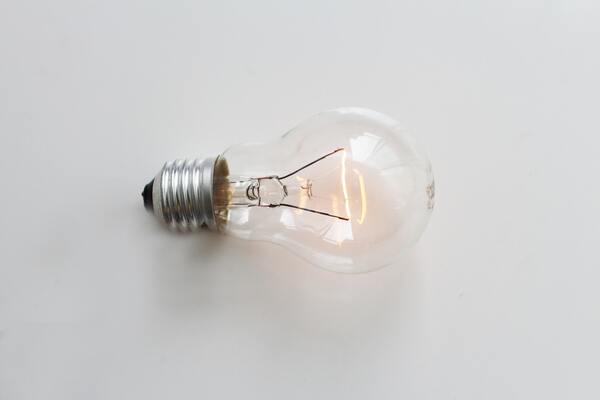Manage Energy Not Time
Published October 02, 2009 07:34
Recently I was forced to work only 6 hours per day. On the surface this seems great, I immediately started filling my time with other things that I've wanted to get around to, but never felt I had the time for because of my busy 10-12 hour per day work schedule. That excitement quickly moved way to fear, fear not getting as much done, fear of losing clients or projects due simply to not having enough hours to work in a day. Nevertheless as I mentioned earlier, this wasn't necessarily my choic...
Recently I was forced to work only 6 hours per day. On the surface this seems great, I immediately started filling my time with other things that I’ve wanted to get around to, but never felt I had the time for because of my busy 10-12 hour per day work schedule. That excitement quickly moved way to fear, fear not getting as much done, fear of losing clients or projects due simply to not having enough hours to work in a day.
Nevertheless as I mentioned earlier, this wasn’t necessarily my choice, so the experiment began.
Week one went by, no apparent loss of productivity.
Week two, again, no apparent loss of productivity.
What’s going on?
After a few weeks I decided to look into what was really happening. I found myself focusing much more acutely on my tasks at hand. I pushed out any non-work related distractions from my mind and more importantly inbox and really focused on what I needed to complete by the end of the day.
I also tapped into the natural ebb and flow of my daily energy cycles. I realize that sounds like some kind of new age crystal energy management technique, but it’s really not. I discovered that I found myself most productive in the mornings, between 8:30 AM and lunch, generally right after I have my coffee. I feel like I can accomplish anything during those hours. I could review the most boring document, find and fix pedantic bugs, deploy to a server, or slog through hundreds of XML log files looking for a potential vulnerability. I can do all of this and stay focused, and stay sharp because this is the time when my mind is most active.
After lunch however I’ve found that I have a far harder time focusing on a task, especially if it is one that I don’t find particularly interesting. After lunch it’s much harder to find my “flow” and get things done. (side note: my wife has recently started a partial raw foods diet. I’ve found eating raw for lunch significantly increases my ability to focus after lunch. More on that in a later blog post.)
What was really happening when I was working 10 hours per day was that I tapped into my early morning ultra-productivity cycle, but then as the day went on I increased hours while drastically decreasing results. We’ve all heard of the Law of Diminishing Returns.
Of course these times and energy levels will be different for everybody, so I recommend spending a few days or weeks keeping an hourly journal to track how you feel. Get a notebook and on each line write each hour of the day, then in the next columns rate yourself on metrics you are interested in. In this case I would rate myself on: productivity, alertness, focus, and flow.
What to do?
Now that we know when we’re most productive we can apply this to our daily work habits.
Choose to accomplish tasks that you find less fun, exciting or interesting when you have the most energy. I’ve found that doing something a little boring is doable if I do it first thing, when I’m focused and am excited to be productive for the day. You’ll fly through your boring tasks quickly especially if you leave some fun and exciting tasks that you can only start on after you’re done, just like your mom used to make you eat your peas before you could have ice cream.
In the times when you are less productive choose to do your fun and exciting projects. In my experience the excitement of the task helps me quickly find my “flow” state and get lots of stuff done.
If I do these two things and minimize distractions I can get the results of 10 hours worth of work done in 6 hours, which of course is an amazing increase.
Another principle I’d like to talk about soon is finding your pace. I’ll leave that for a future blog entry too (yikes, I’m already adding to the future pile blogs to write!), but I’ll mention a couple of quick principles. Just like running a race it’s important to know and stick to your pace. Perhaps you can work 10 hours per day for 5 days straight, but if you push beyond that you’ll run the risk of burning out, getting sick, or losing productivity. If you find your pace you can do as much work as you can, predictably, which in the long run will help increase productivity, results and make you happier.
Posted By: Joe Basirico


